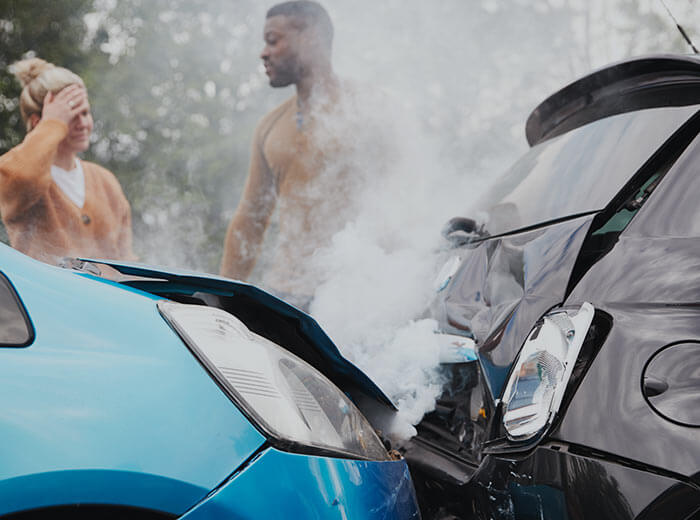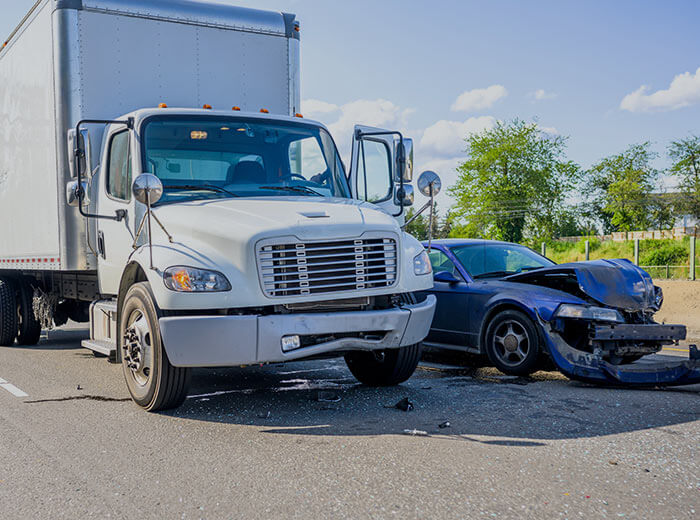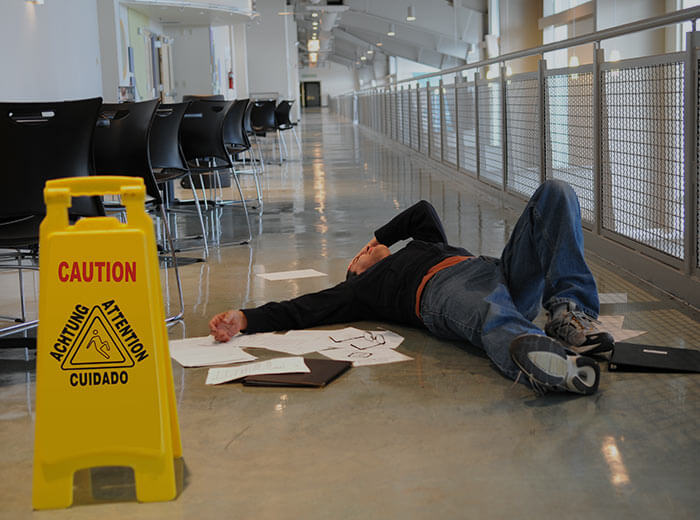Why You Should Go to the Doctor After a Houston Auto Accident

Even if it feels like you’re fine, you should still seek medical care after an accident as soon as possible because only a doctor can authoritatively determine whether you’re injured. If you are severely injured, you should go to the hospital immediately. But if your injuries are milder or you’re unsure whether you sustained any, try to see a doctor within 72 hours after the accident. That way, you’ll be able to establish a causal relationship between the accident and any physical problems your doctor discovers.
Documentation
When you see a doctor, they will also document your account of the accident and any injuries you report or they discover. Your medical records are potentially admissible in court as evidence that the defendant’s actions are the proximate cause or a cause that’s enough to prove the legal liability of your injuries. In Texas, an action proximately causes an injury if that injury is the “natural and probable” result of the act or omission. Medical records, doctor bills, and even your documentation of your injuries can all help establish that.
The Most Common Types of Car Accident Injuries
Cars traveling at even moderate or low rates of speed colliding with each other create a significant amount of force. As a result, the physical impact on the body can cause a host of injuries, not to mention the emotional trauma of the accident. In Harris County in 2020, non-incapacitating injuries from car crashes totaled 9,401, while suspected serious injuries from crashes totaled 2,315. Here are some of the most common injuries you might end up with after a Houston car accident:
- Whiplash. The most common cause of whiplash is a car accident involving an impact to the front or rear of the vehicle. Neck pain is usually immediate with whiplash injuries but sometimes can take hours, days, or weeks to manifest. Even if you don’t have pain now, if you were involved in a front- or rear-end collision, it’s a good idea to go to the doctor. A physician can take images, such as X-rays, to ensure that nothing is dislocated or fractured in your neck.
- Musculoskeletal. These injuries fall into two categories: those affecting the muscles, nerves, ligaments, or tendons and those involving the bones. Musculoskeletal injuries are the most common type of injury sustained in auto accidents. Examples of injuries affecting the muscles, ligaments, etc. are contusions, sprains, and strains. Examples of injuries affecting the bones include dislocations and fractures. Most frequently, musculoskeletal injuries occur in motorists’ limbs during accidents — hands, feet, legs, and arms.
- Concussion. Concussions are the second-leading cause of traumatic brain injuries, or TBIs, second only to falls. You should see a doctor about a possible concussion if your head suffered a blow due to impact with an object, such as the steering wheel, windshield, window, or dashboard, during the accident. The force of these impacts causes the brain to do a shearing motion along the skull, resulting in injury. This kind of brain injury can cause bleeding in your brain, which is another reason it’s crucial for you to be medically evaluated after an accident.
- Emotional. Car accidents are horrific to see, let alone live through. While physical pain usually shows up fairly soon after the triggering event, emotional trauma may lie dormant until you least expect it. Depression, anxiety, post-traumatic stress disorder (PTSD), phobias, mood swings, and insomnia are just a few of the psychological injuries that can result from a car accident. Because of this risk, it’s a good idea to see not just a doctor but also a psychologist or counselor who specializes in PTSD or accident trauma.
Symptoms To Watch For After an Accident
In the immediate wake of an auto accident, you’re far less likely to feel pain because of your body’s hardwired response to trauma, both physical and emotional. Your body releases massive amounts of brain chemicals that can mute the degree to which you experience pain and help you cope with high-stress situations. Adrenaline is one, giving you energy and alertness. And while adrenaline doesn’t take away the pain you might feel, it can distract you from it. The other chemicals are endorphins, which do block pain and give you a feeling of well-being.
The point? You need to know what to watch for after an accident because your body may deceive you. Here are some symptoms of common car accident injuries for which you should seek immediate medical attention:
- Fuzzy thinking.
- Trouble concentrating or remembering things.
- Reduced mobility in your joints (e.g., your back, wrists, shoulder, etc.).
- Headaches.
- Bruising, swelling, or redness.
- Numbness or tingling.
- Twitching or spasming muscles.
- Double vision.
- Dizziness.
- Nausea.
- Not enjoying the things you used to like doing.
- Irritability.
- Sleep disturbances.
- Muscle stiffness.
- Back pain.
- Changes in your personality.
- Trouble walking.
Car accidents happen in Houston every day, with the annual crash rate increasing even more this year. Getting to a doctor right away after an accident will help your future attorney build a stronger case against the other driver.
It’s never too soon to contact a Houston accident lawyer to discuss what to do when you’ve sustained an injury. Get in touch with us to speak with an experienced accident injury attorney today.
What Our Clients Say
Our Team of Attorneys are Available 24/7
Our legal team, located in Dallas and Houston, understands the steps that need to be taken to help accident victims get their life back on track. We will stand by your side throughout the entire legal process, fighting the insurance companies and the negligent driver responsible in order to provide you the money and justice you deserve. Click or call us today to begin your case.









